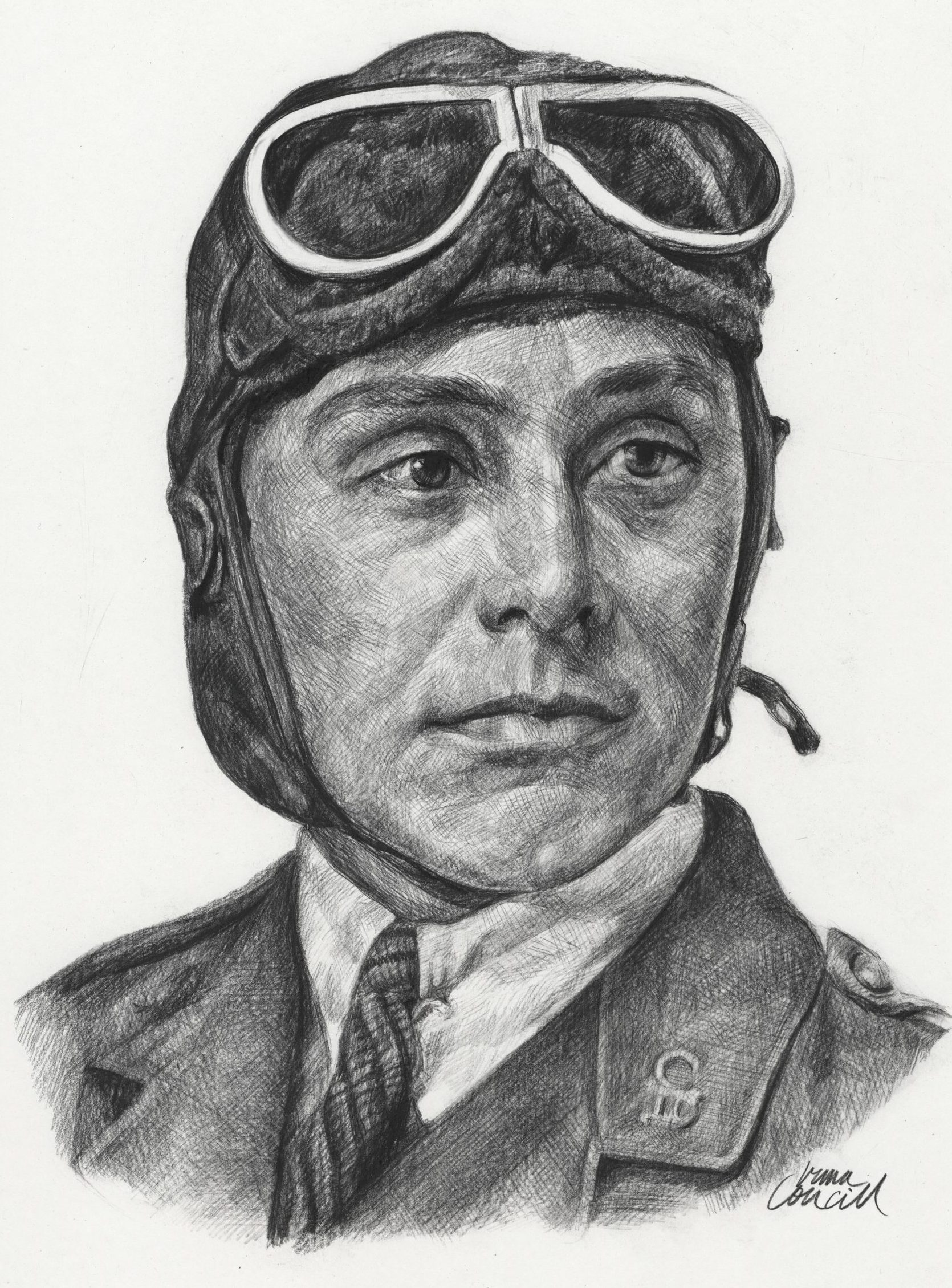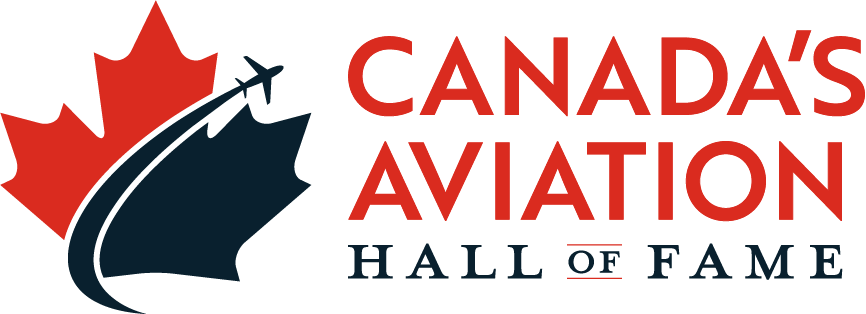John Ender Palmer

Nickname: Jock
Birth Date: December 28, 1896
Birth Place: Cambridge, England
Death Date: November 19, 1964
Year Inducted: 1988
Awards: AFC; DCM
His pioneering work in the use of air to ground wireless, his piloting the first international mail run and his continued dedication to instructing others to fly have been of outstanding benefit to Canadian aviation
Military Promotions
John Ender (Jock) Palmer, A.F.C., D.C.M., was born in Cambridge, England, on December 28, 1896. The family moved to Canada and settled in Lethbridge, Alberta, in 1901. He joined the 10th Battalion as a Private on September 1, 1914, and embarked for England with the first contingent on October 3, 1914. He was posted to France on February 15, 1915, promoted to Lance Corporal in March and to Corporal in June. He was awarded the Distinguished Conduct Medal (D.C.M.) in July of 1915 and in November was promoted to Sergeant. He was transferred to the 2nd Brigade, Machine Gun Company on February 3, 1916, commissioned as a Lieutenant in May and transferred back to the 10th Battalion where he was wounded in June and invalided back to England.
Learning to Fly
Palmer was eventually transferred to the Royal Flying Corps where he learned to fly. He was promoted to Captain on April 1, 1918, and at the end of the war was credited with nine victories. He was seconded to the Canadian Air Force in July of 1919, and attended ground school for radiophone communications. While with Technical Services Squadron in Kent, he assisted in the design of air to ground wireless communication. He returned to Canada in November of 1919.
Flying in Alberta
On return to civilian life in Lethbridge in 1920, he flew with flight examiner Basil Hobbs and received Commercial Pilot's Licence #64. That same year, Palmer formed the Lethbridge Aircraft Company, where he served as pilot.
Throughout Alberta, he was involved in barnstorming, stunt flying, and wing walking adventures. He flew passengers, did aerial advertising and aerial photography. His attempt to fly the first international mail between Lethbridge and Ottawa via the United States in June 1922, ended in a crash in Minot, North Dakota, when he sacrificed his plane to avoid hitting a carload of people on the landing field.
A Radio Station
In 1923 Palmer built radio station CJOC in Lethbridge, choosing call letters C for Canada, and JOC for 'Jock'. He operated this broadcasting station until it was sold in 1928.
Commercial Airways
He maintained his interest in flying during these years, and in 1927 he obtained his Air Engineer's Licence and Night Flying Endorsement. He formed Lethbridge Commercial Airways with financial aid from C.B. Elliott and E. (Emil) Sick, owner of the Lethbridge Brewing Company. At one time, the wings of Palmer's aircraft carried an advertisement for the Brewing Company. It is believed that the biplane on today's Lethbridge Pilsner Beer is Palmer's Curtiss Jenny. In 1927 Palmer owned and flew the only civilian-owned aircraft in Alberta.
Great Western Airways
Palmer moved to Calgary in 1928 when Sick purchased a Stinson Detroiter, which was flown from Detroit to Calgary in April by Palmer and Fred McCall. It became known as 'Purple Label', the aircraft which was used for transporting Brewery executives and charter flying. The business was so successful that Palmer and McCall formed Great Western Airways in June of 1928. Palmer was Chief Pilot and instructor, while McCall was appointed Managing Director of the company. The business included flying explosives to oilfields in Alberta, air exhibitions, and flight instruction. They took delivery of two new DH-60 Moths for instruction purposes.
Teaching Others
The depression period of the early 1930's created hardship for the company, and it was forced to close, as were other air services in Calgary. From 1932 to 1936 Palmer operated his own flying school and aircraft repair service in Calgary. In 1937 he moved this operation to the Windermere Valley, south of Radium, British Columbia, and also flew Forest Service patrols.
In 1940 Palmer returned to Calgary and became an instructor for the Aero Club which operated No. 5 Elementary Flying Training School in Lethbridge and later in High River, Alberta, for the British Commonwealth Air Training Plan (BCATP). He became Chief Flying Instructor, Radio Communications Officer and finally, Officer Commanding. For his contribution to the BCATP, he was awarded the Air Force Cross (A.F.C.). Palmer retired from flying in 1955 with over 18,000 hours. He died in Calgary on November 19, 1964.
"Jock" Palmer described the many hazards of flying the delicate airplanes of the 1920's. Two incidents involved inadequate landing fields: the first was landing in a field with gopher and badger holes which caught the undercarriage of his aircraft, damaging it beyond repair. Another incident involved an automobile which drove in front of his aircraft just as he was coming in for a landing. He had to swerve to avoid the car, resulting in a ground-loop which tore off the undercarriage and damaged the wing - the airmail he was carrying was forwarded on by rail. He was not injured in either incident.
John Ender (Jock) Palmer was inducted as a Member of Canada's Aviation Hall of Fame in 1988 at a ceremony held at Toronto, Ontario.
To return to the Inductee Page, please click here.
